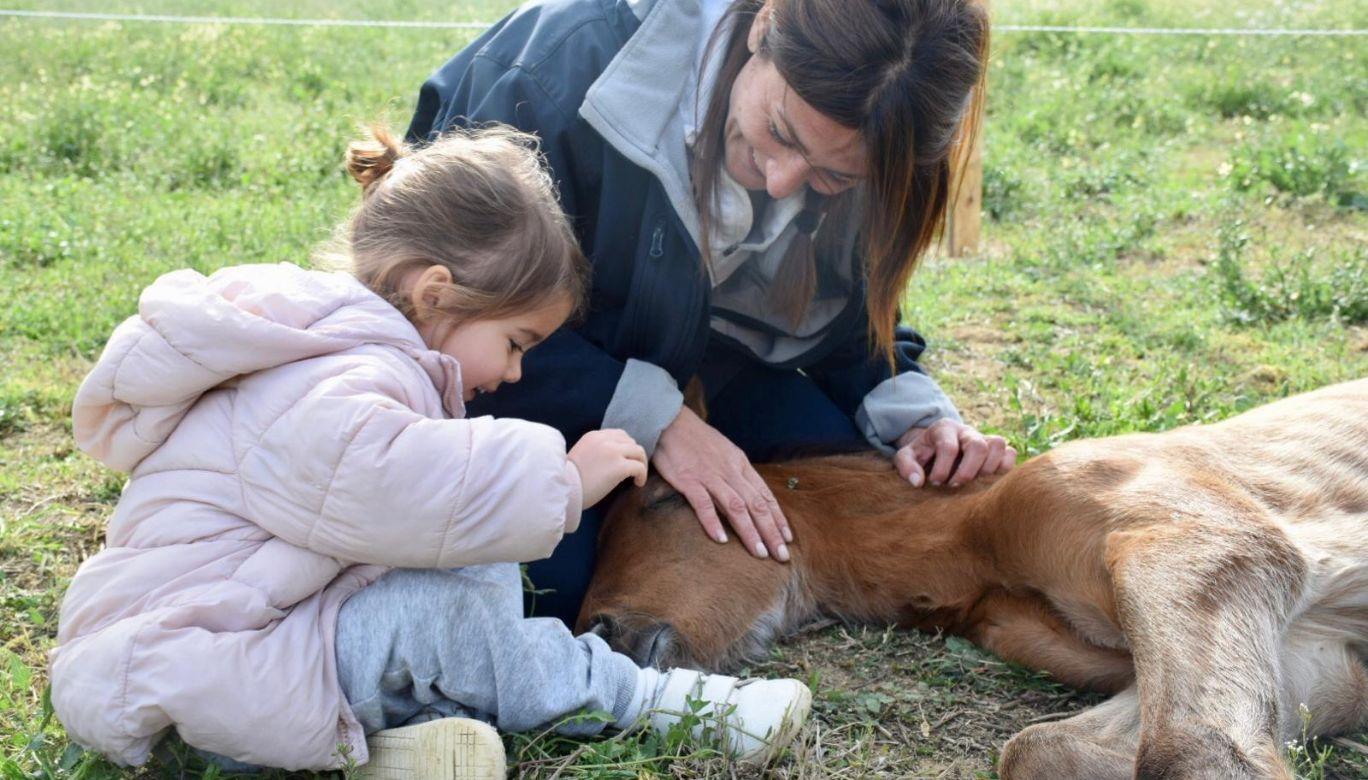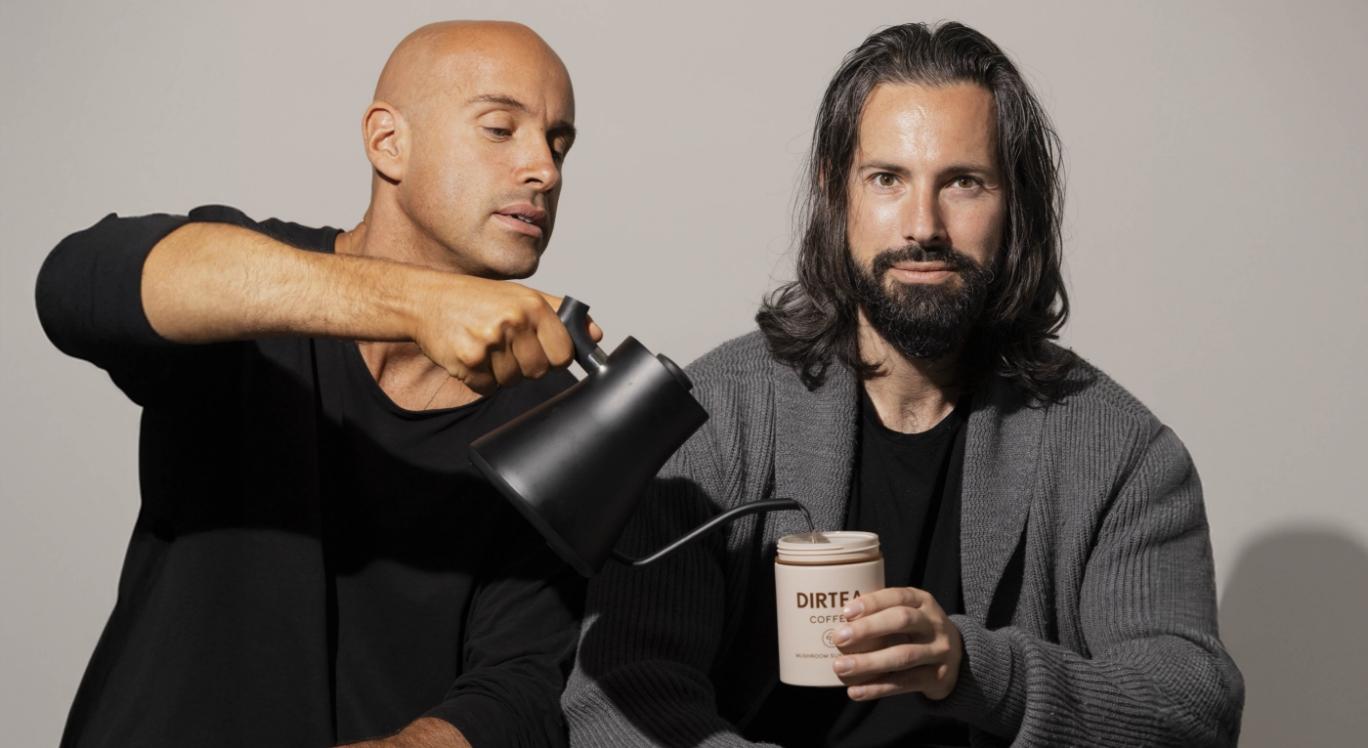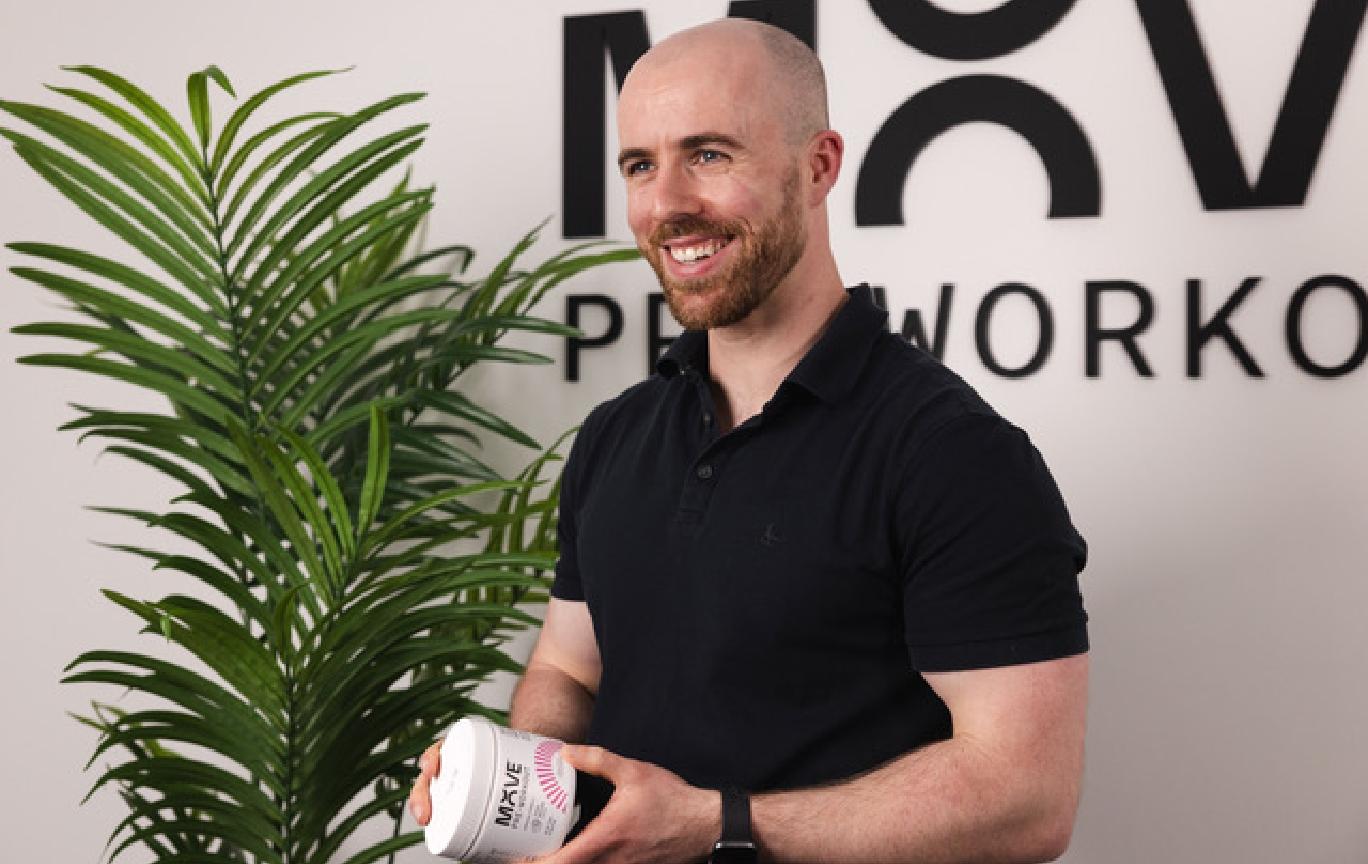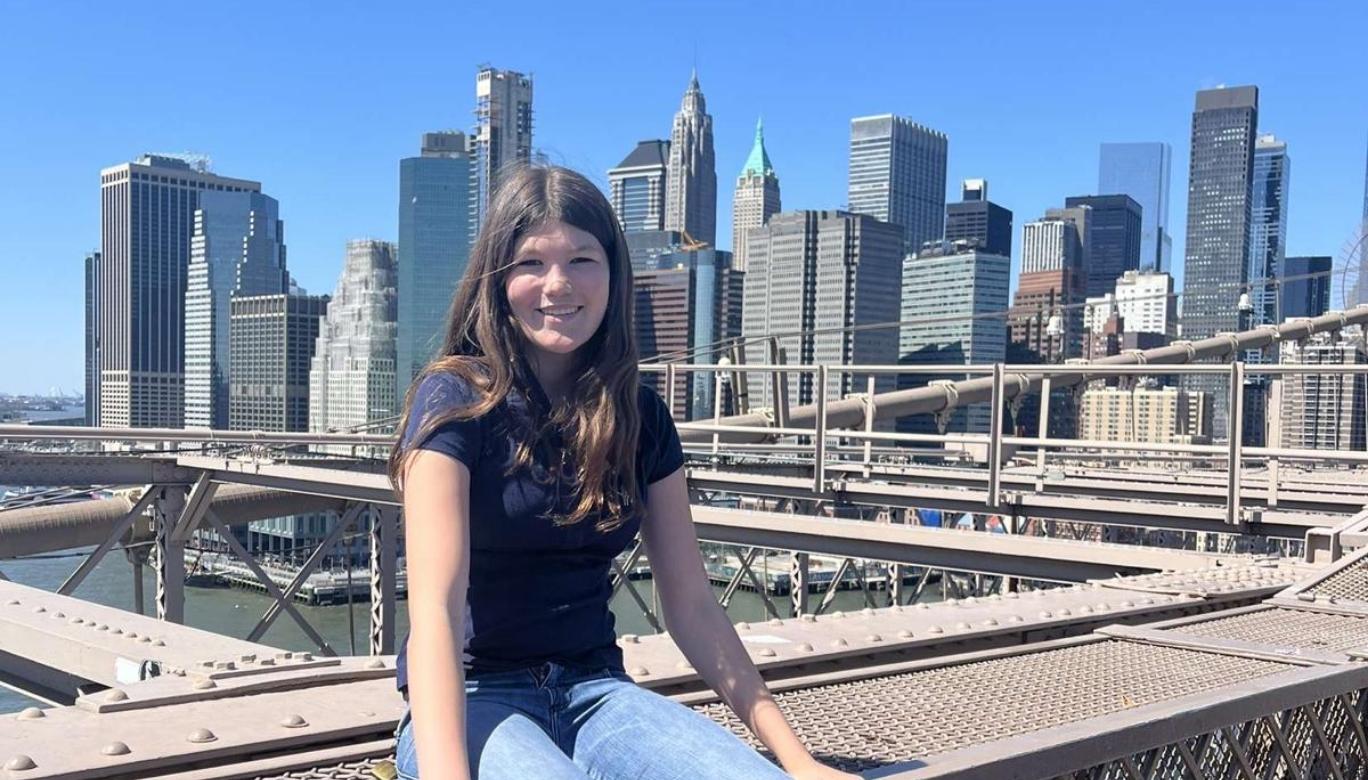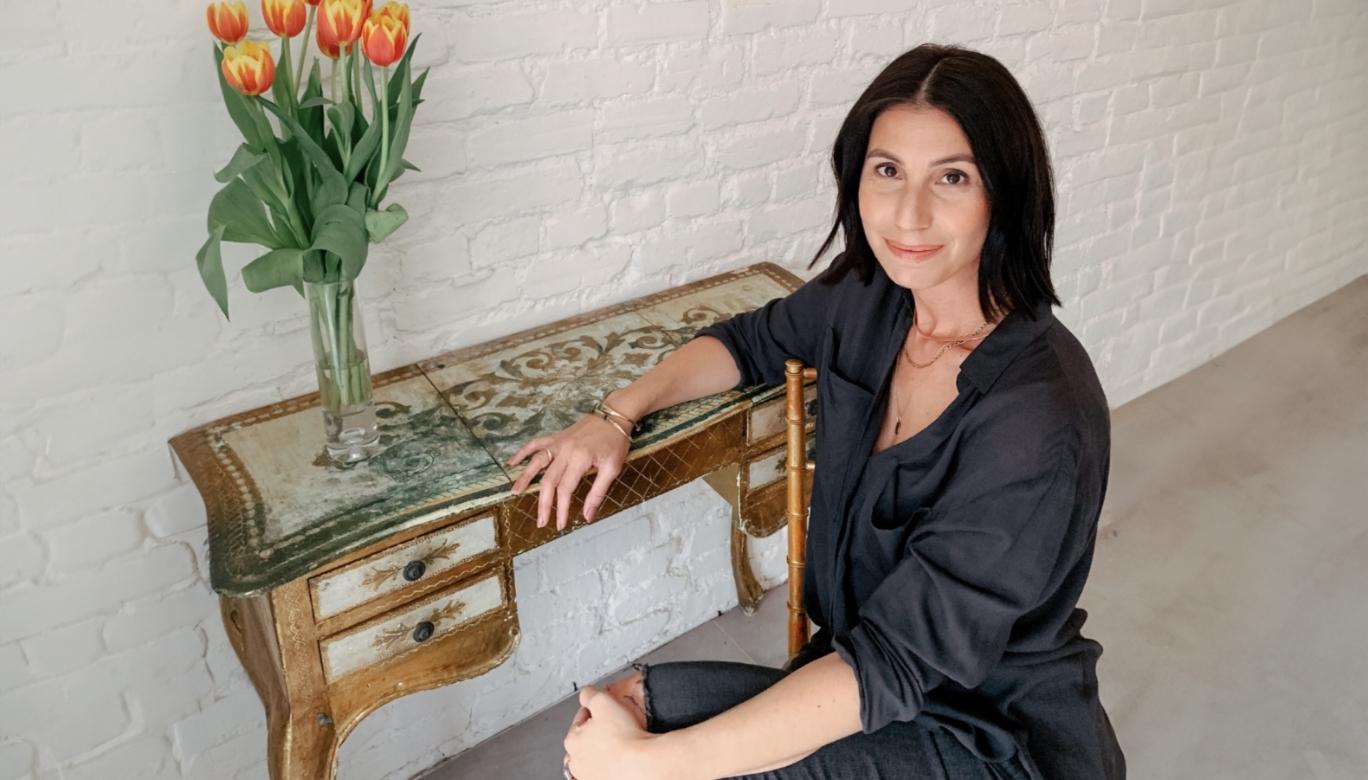What We Carry: Family Across Time and Culture
By Sheila Hunter
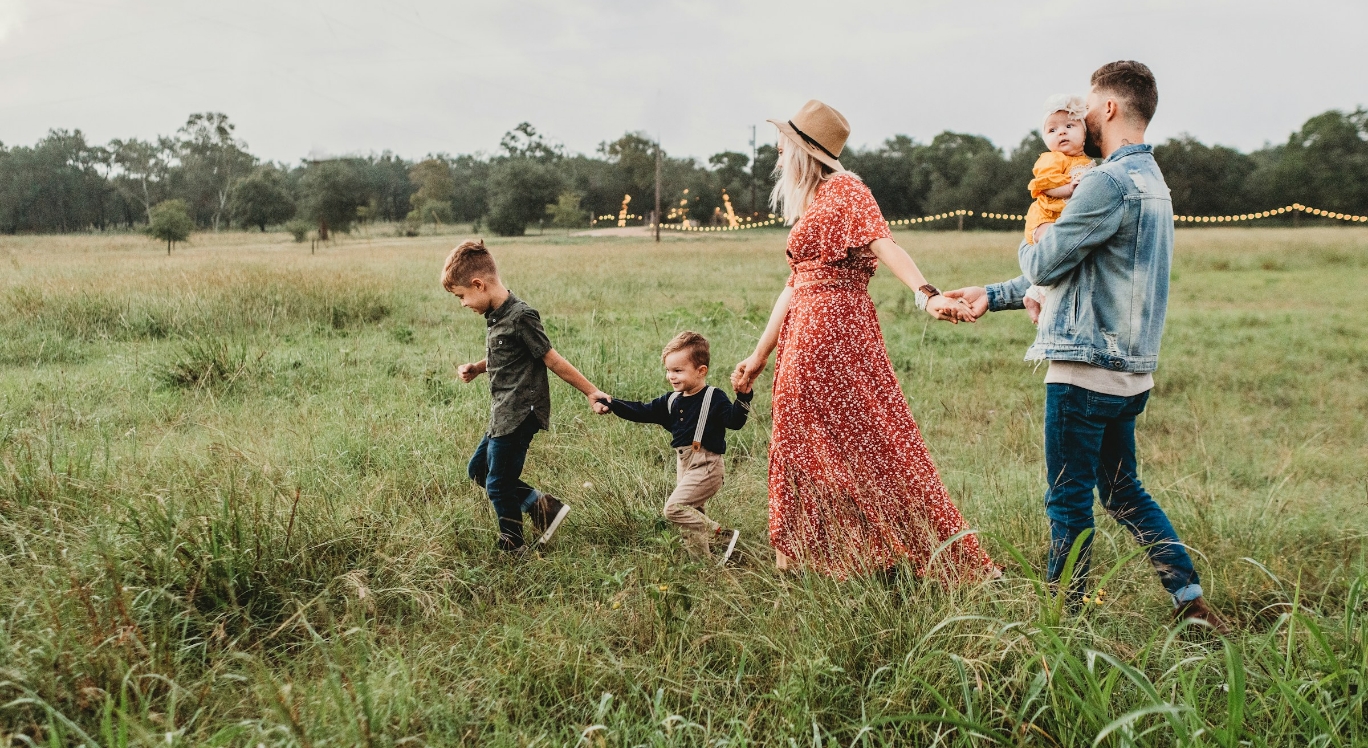
When I think about families - the real kind, not the shiny ones in photo frames - I think about layers. The kind of layers that aren’t immediately visible. The things we carry forward, sometimes with love, sometimes with confusion, sometimes both at once.
There’s a moment that happens in every family, I think. A pause in the chaos - a spilled drink, a half-laughed insult, a slammed door - and someone will say, “We’ve always been like this.” It’s a throwaway line. But it isn’t. Because within that simple sentence lies a whole history of choices and habits and hopes that stretch back further than we can see.
In families that stretch across oceans and languages - immigrant families, blended families, families who had to start over - it’s even more layered. There’s culture, sure. There are recipes and sayings and music passed down like heirlooms. But there’s also grief. Quiet, inherited grief for things lost: countries, names, identities, traditions. And we carry it, sometimes without knowing we are.
I once heard someone say that children are like little archaeologists, digging through their parents for clues about the world. And it’s true. We learn what love looks like not just from what’s said, but from what’s unsaid. The sighs. The silence. The way your grandmother puts a plate of food in front of you without ever asking if you’re hungry. That’s love, too.
In my own family, and maybe in yours, there’s a push and pull. Respect the elders, but speak your truth. Stay connected, but don’t lose yourself. Forgive, but remember. Be proud, but humble. These tensions exist in every generation. We grow up trying to please the ones who raised us, then slowly, awkwardly, learn how to be different - without leaving them behind.
And yes, it can be exhausting. Families are messy. We bring our full selves, the flawed, tired, complicated versions. We make mistakes. We disappoint. We fight over nonsense, then we cry when someone gets sick. There’s no manual, no flowchart, just a bunch of people doing their best with the love they were taught.
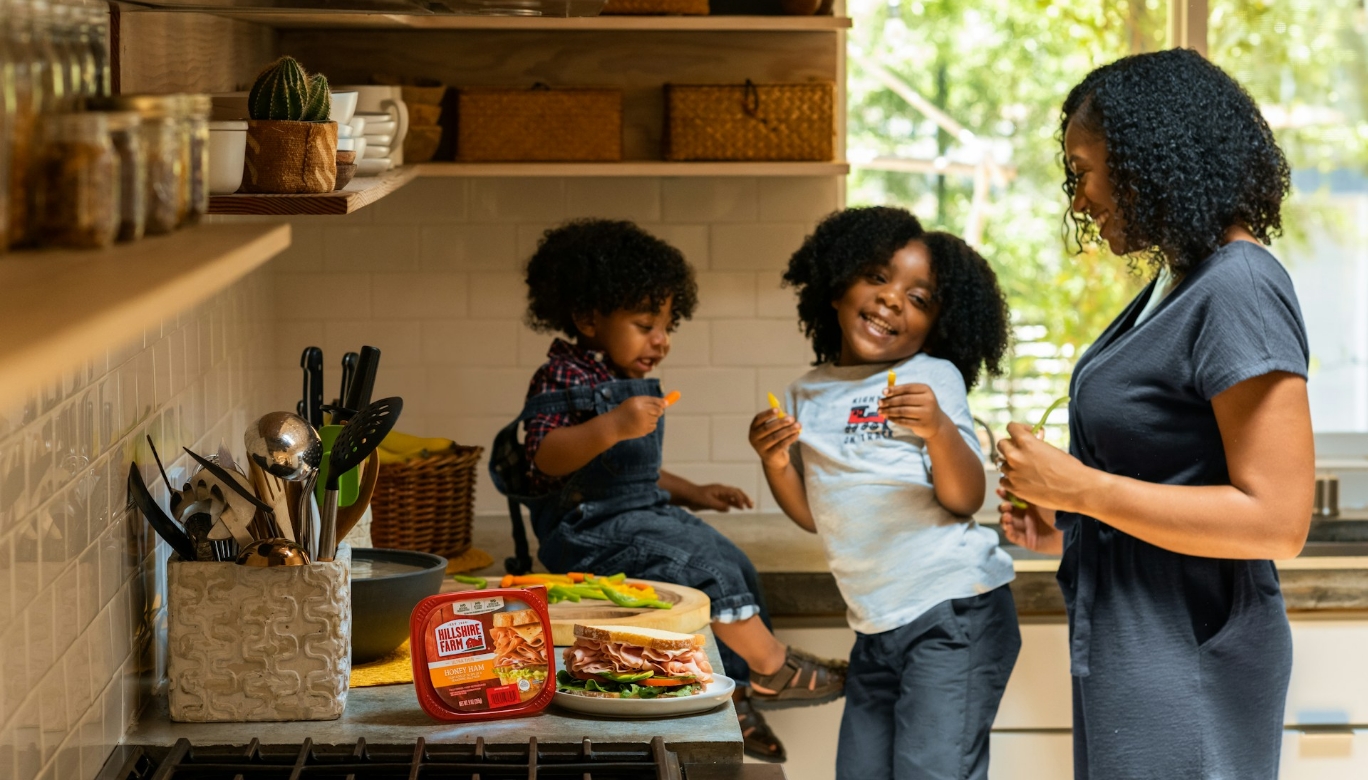
But even with all of that, there’s this deep, unshakable thing that keeps us orbiting each other. Even if we don’t say it out loud. Even if it’s just showing up, year after year, with the same potato salad and the same old jokes. Even when the table has one less chair.
The beauty of family isn’t in perfection, it’s in presence. It’s in the hard conversations and the uncomfortable truths and the way we still gather, even when it’s hard. Especially when it’s hard.
And maybe that’s the best we can do: to listen more closely, to honour what came before without being trapped by it, to pass on the good stuff and learn from the rest.
Because in the end, family is the first story we ever hear. And if we’re lucky, it’s the one we get to keep writing—together.
For more reflections on identity, belonging, and the stories that shape us, check out WPP Elevate Magazine—where every page feels like coming home.
Features







